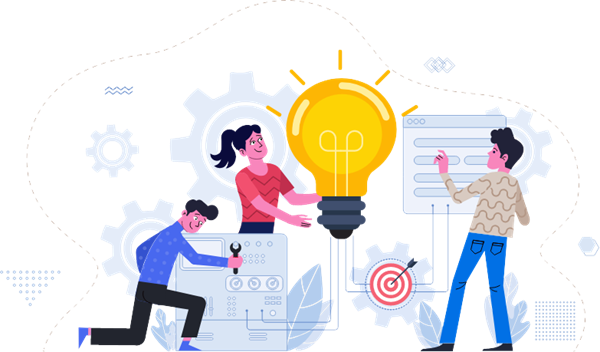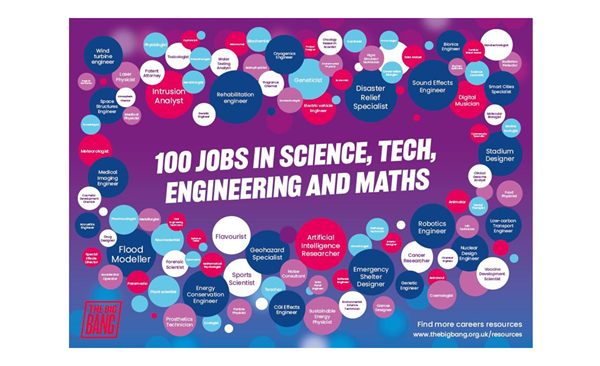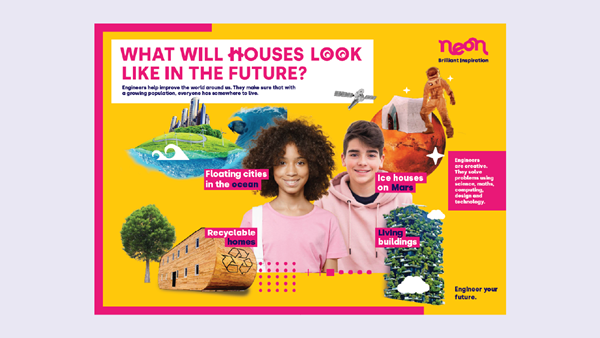Discovery Day projects are typically completed by pupils aged 10-11 at Primary level. These engaging and inspiring STEM projects are perfect for enrichment days, or similar settings, giving students the opportunity to behave like real scientists.
Students will work collaboratively on a 5-hour project or challenge in self-managed groups, recording and reflecting on their research and communicating their findings through a group presentation.
Students will complete either a single activity or a series of linked challenges with clear real-world contexts.
Each project has a link to a real-life problem or investigation, giving them a powerful relevance to students’ lives.
Discovery Day packs include guidance for your students, a suggested timetable and materials for you to use, and some optional activities to kick off the day.
Each project is designed to take 5 hours of student time and promotes a broad range of skills including problem solving, decision making, research, communication, reporting and creativity.
Cost
Free to use and download from the CREST online resource library.
Pupils who complete the project can earn a Discovery CREST Award, receiving a certificate to celebrate their achievement! Some schools are eligible for funded Awards through grants or voucher codes. All other UK schools can receive theirs for a small cost, from £3 per pupil.



